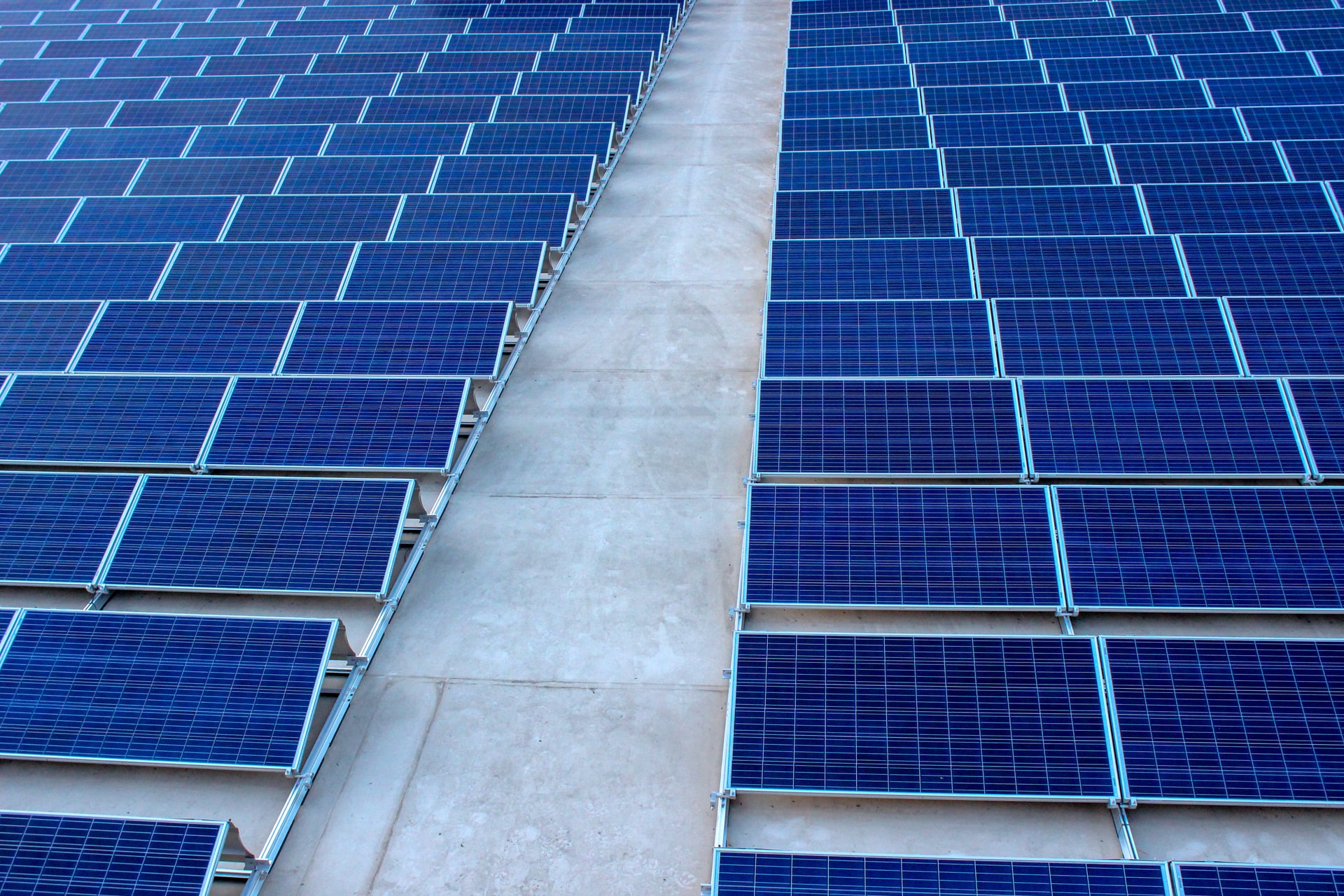Temperatures are rising, natural disasters are multiplying, and ecosystems are in peril. At the heart of this crisis is an alarming fact: our dependence on fossil fuels is one of the main drivers of our planet's destruction. Today, nearly 80% of the world's electricity is still generated by coal, oil and natural gas. These energy sources release billions of tons of CO₂ every year, pollute our air, water and soil, while depleting non-renewable resources. This model is not only unsustainable, it is also unsuited to the climatic, economic and social challenges of our time.
Faced with this critical situation, the question arises: what real alternatives can we envisage?
Solar energy presents itself as a clean, renewable, silent and inexhaustible solution. Yet it remains largely under-exploited, particularly in Africa, where sunshine is among the most generous in the world. In 2023, solar energy helped prevent the emission of over a billion tonnes of CO2 on a global scale. In Africa alone, its potential could power millions of homes, but less than 2% of this potential is exploited today.
Why does this situation persist?
Because of a lack of information, inadequate infrastructure, and sometimes prejudice. Meanwhile, we continue to overlook a colossal energy potential. Indeed, adopting solar energy isn't simply a matter of installing panels on a roof. It's about making a bold choice in favor of our environment and future generations.
Here's why the environmental impact of solar power is so important:
- Zero CO₂ emissions when generating electricity
- No air or water pollution
- No noise pollution
- Significant reduction in pressure on natural
- High recyclability of solar panels (up to 95%)
Admittedly, there are challenges: intermittency (managed via battery storage or smart grids) and initial cost (constantly falling and offset by long-term savings and existing subsidies). However, technological innovations and financing solutions are making these obstacles less and less significant. Unlike fossil fuels, solar energy is environmentally friendly. It enhances existing spaces, protects ecosystems and promotes equitable access to energy.
Concrete initiatives illustrate this potential: in Morocco, for example, the Noor Ouarzazate solar power plant supplies hundreds of thousands of homes, while in Rwanda, community projects are transforming access to electricity, improving education and health.
What we offer at GoShop Energy
At GoShop Energy, we believe that the future of energy lies in solar power. That's why we support individuals, businesses and communities in their transition to clean, reliable and sustainable energy.
Our mission?
➡️ Offer solar solutions tailored to your needs,
➡️ Reduce your carbon footprint,
Here's a concrete example: the recent installation for the Lwanga Institute in Minova reduced its energy bills by 80% from the very first month, while eliminating 5 tonnes of CO2 per year the article can be found here https://www.goshop.cd/blog/projects-1/solar-installation-at-institut-lwanga-a-computer-room-finally-self-sufficient-in-energy-in-minova-116.The impact of solar energy on our planet is undeniably positive. It's a concrete, sustainable solution that's already within our grasp.
You have the power to act now.
GoShop, Your Energy Provider

Solar Energy: Our Major Asset for a Sustainable Future